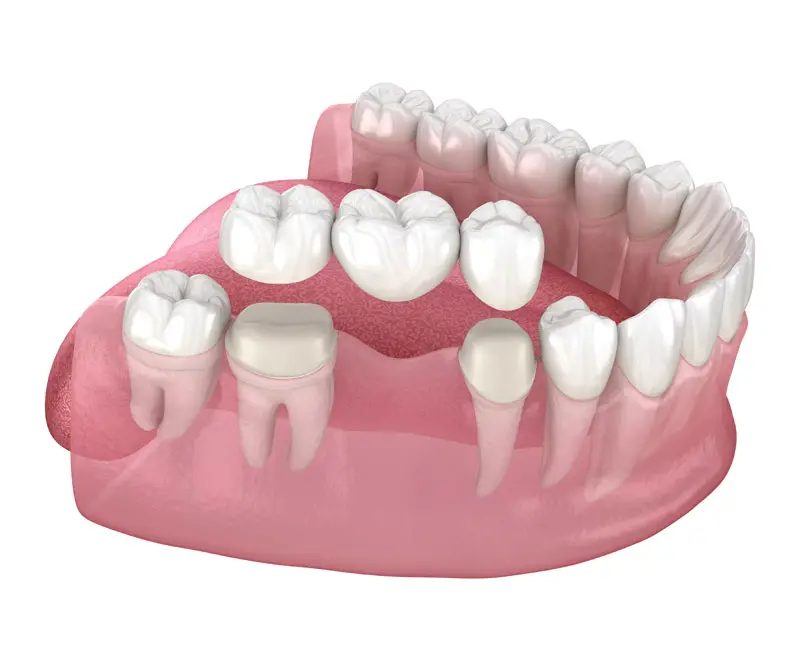
Ceramic Crowns
Achieve a flawless smile with durable crowns.
When a tooth requires a full coverage restoration to rebuild its structural integrity and appearance, how good the crown will look and how well it will withstand the forces of oral function are major considerations in choosing the type of crown. In the past, only metal crowns or ones fabricated out of porcelain fused to an underlying substructure of metal offered the strength required to bite and chew without breaking. While porcelain fused to metal crowns to this day remain a popular choice for strong, attractive and long-lasting restorations to rebuild teeth that are damaged, decayed, misshapen, worn down, undersized, or have had a root canal procedure, there are some drawbacks. For one thing, the thin metal margin at the collar of a PFM crown may be visible at the gumline (especially in the presence of receding gums). Also, due to the presence of an underlying metal shell, porcelain fused to metal crowns do not come close to handling light in the same way as natural tooth structure or dental ceramics.
Advantages of Ceramic Crowns
- All-ceramic crowns interact with light in much the same way as natural teeth and can closely mimic their translucency and luster
- All-ceramic crowns can be made thinner and require less tooth reduction
- All-ceramic crowns are kinder to the surrounding tissues, for potentially healthier long-term results
- All-ceramic crowns are resistant to stain and discoloration
- All-ceramic crowns are metal-free and safer for individuals with allergies or sensitivities to metal
